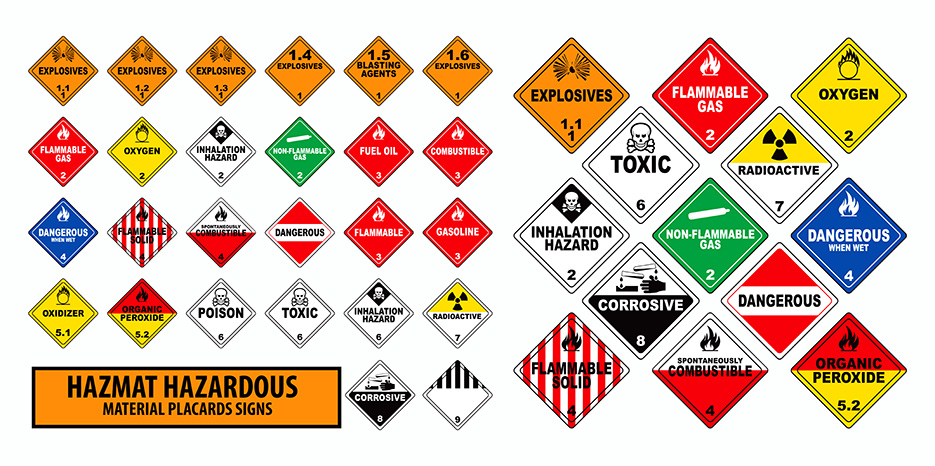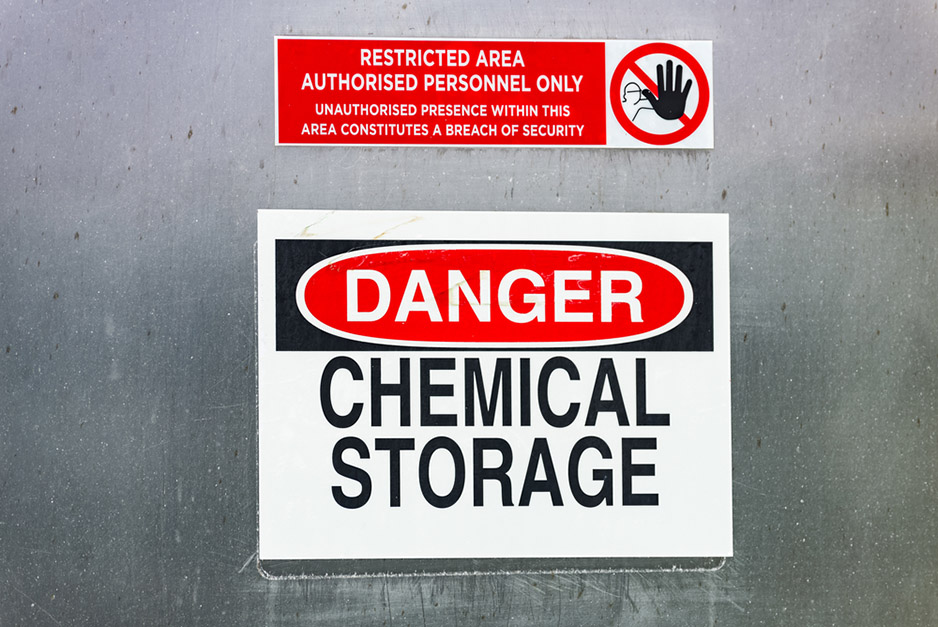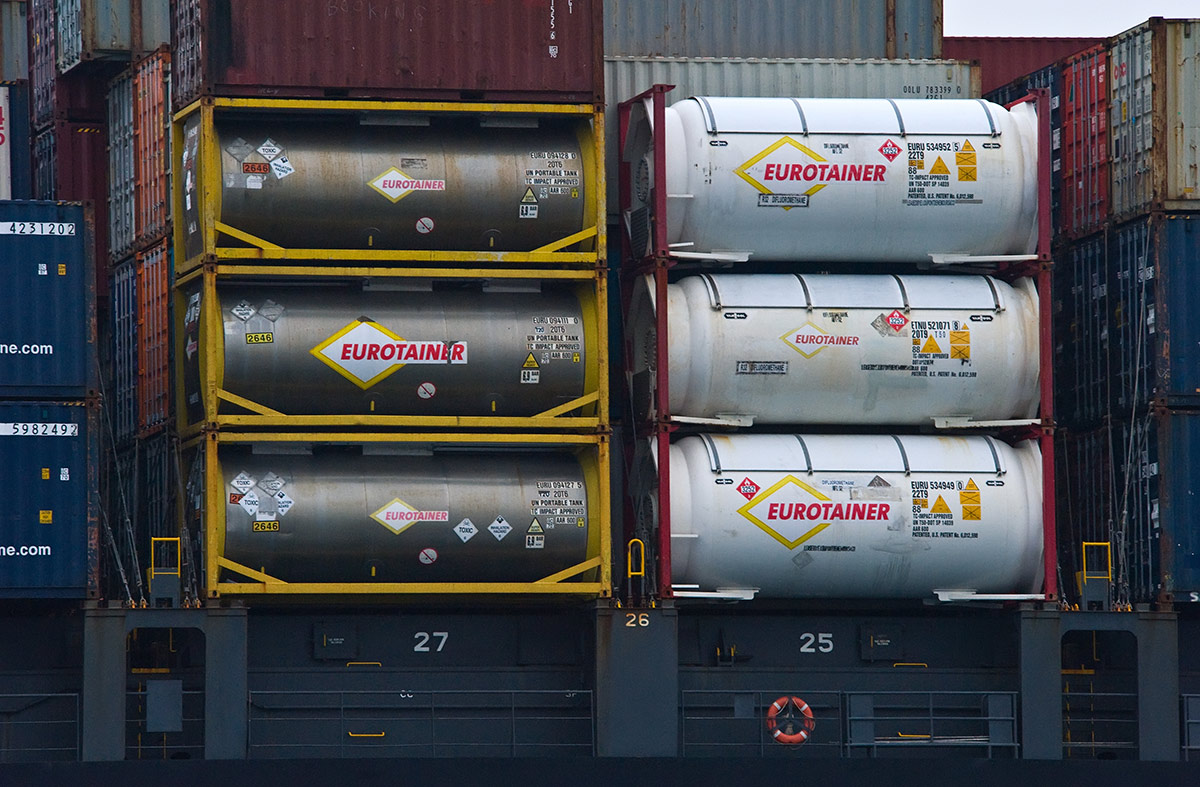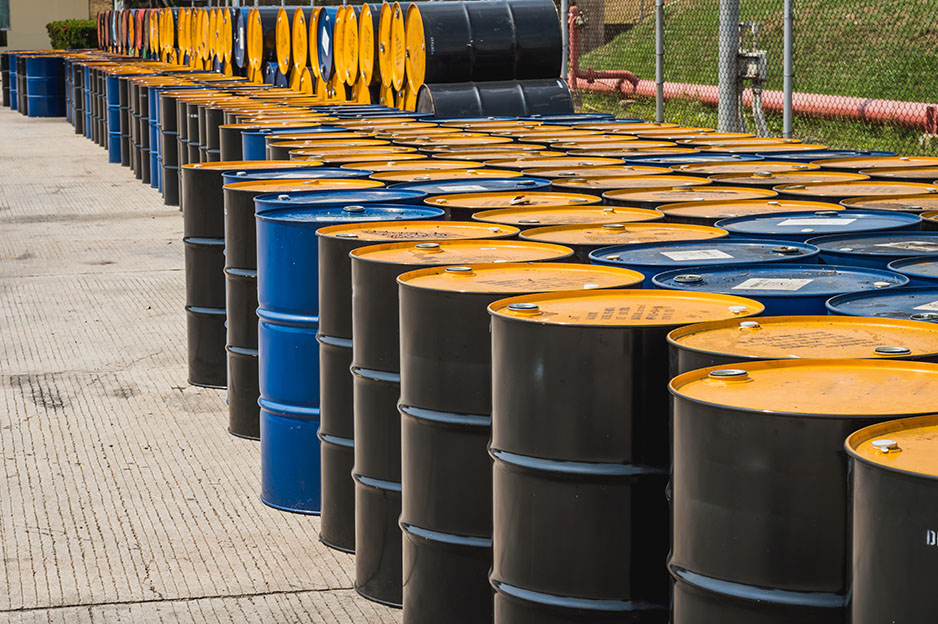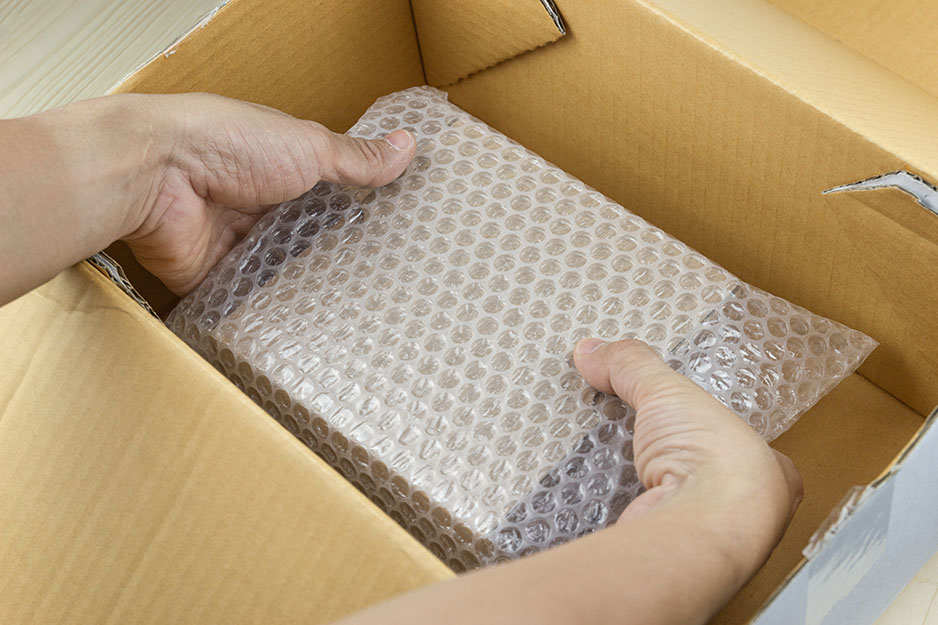Source: Travel mania / Shutterstock.com
International business requires careful attention to laws and regulations, even if the product itself is legitimate and legal. Just because a sale is legal in theory doesn’t mean it won’t be subject to a number of checks and paperwork requirements. Customs officials can reject a package or cargo container if it is missing a single piece of paperwork, possibly costing you thousands of dollars or entirely losing the product. Summary:- Trade compliance describes the overarching needs of companies to follow international export and import laws.
- Trade compliance is about how a shipment is handled and who it is sent to, just as much as it is about the contents.
- Some responsibilities are the buyers, but the bulk of the paperwork responsibilities fall on the seller.
Parts of Trade Compliance
The parts of trade compliance include the what, who, when, where and how of shipping. The package contents are only a small part of the process, and the recipients and senders must be as carefully accounted for as the contents. Packaging is another big part of trade compliance. For example, shipping barrels must be up to international shipping standards. In addition to risking damage, any failure to properly secure goods can result in rejection at the border. To ensure each of these parts of trade compliance is carried out consistently, training must also be a key part of your trade compliance strategy for exporters and importers. Training lower-level staff on trade compliance can help them catch errors when they occur, even if those particular staff aren’t usually handling international orders themselves.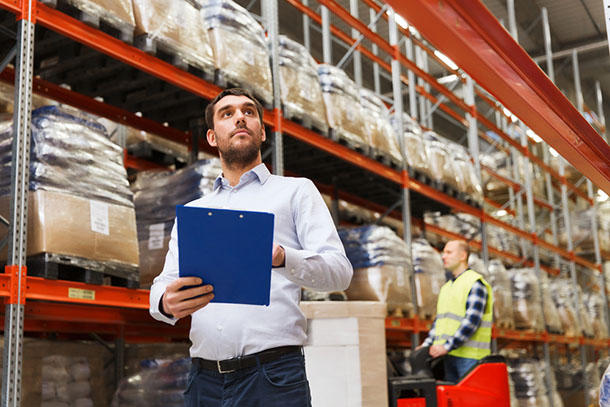
Source: Syda Productions / Shutterstock.com
Seller Responsibilities
The seller is responsible for all export procedures and providing paperwork that verifies the authenticity of the items for import procedures. The seller must use approved materials handling methods and storage, such as safety cans for flammable materials. Some of the seller’s responsibilities depend on the delivery terms under Incoterms or the international commercial terms. In many cases, the buyer is responsible for accounting for and paying all duties and fees when the package reaches the destination country’s customs facility, but this falls onto the seller for some Incoterms. Incoterms are agreed on between the seller and buyer to determine financial responsibilities and liability at certain points along the shipping route. However, most customs authorities don’t care which party handles the customs fees as long as they are paid on time. Learn More About Warehouse Safety Plans and Other Issues Affecting SellersBuyer Responsibilities
The buyer is responsible for ensuring that they, as an entity, are legally allowed to receive the import. Some countries may only allow the importation of dangerous goods to fully licensed individuals. Although the seller should take good-faith measures to make sure the recipient is licensed, it is usually considered the buyer’s responsibility to keep themselves in compliance. It is also the buyer’s responsibility to inspect the goods and arrange disposal of packaging and any damaged goods. Although the seller may assist with reverse logistics and return of unused goods or reusable packaging, the responsibility is ultimately the buyer’s to handle in accordance with the laws of their country.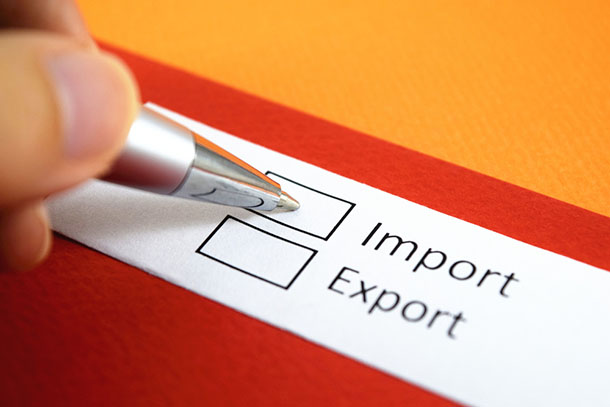
Source: Yeexin Richelle / Shutterstock.com




